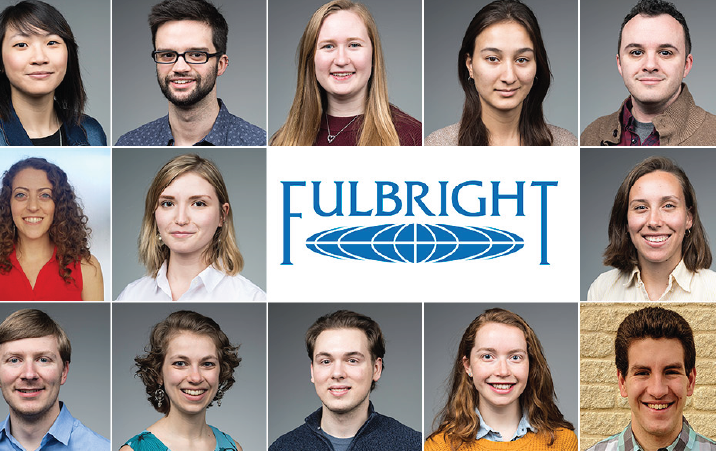Eligibility
- Applicants must be citizens or nationals of the United States of America at the time of application. Permanent residents are not eligible. Please review the Ineligibility section below in relation to the eligibility of dual citizens.
- Applicants must have a conferred bachelor’s degree or equivalent before the start of the grant.
- In the creative and performing arts, four years of professional training and/or experience meets the basic eligibility requirement.
- Applicants must meet the language requirements of the award to which they are applying and demonstrate sufficient competency to complete their project and adjust to life in the host country.
- Applicants may hold a J.D. at the time of application.
- Doctors of Medicine may receive grants for advanced academic study, but not for internships or residencies. Scholars with an M.D. degree who have completed their formal postgraduate training and propose attachment to a hospital or clinic for the purpose of independent or collaborative research should apply to the Fulbright U.S. Scholar Program. Grants shall not authorize activity for which a license to practice medicine or nursing is required. The Fulbright Program cannot authorize proposals for medical research that involves clinical training, patient care or patient contact.
Preferred Qualifications
- Strong preference for those who have not previously held a Fulbright grant. For the 2023-2024 competition, 2022-2023, 2021-2022, and 2020-2021 grantees will be at a competitive disadvantage, but are still eligible to apply, provided they continue to meet all other eligibility requirements.
- Preference will be given to applicants whose higher education was undertaken primarily at educational institutions in the United States. Undergraduate study abroad experiences, either in the chosen host country or elsewhere, will not be considered a disadvantage.
- Candidates who have not resided or studied in the country to which they are applying for more than six months, not counting undergraduate study abroad, are preferred. Duty abroad in the Armed Forces of the United States is not considered disqualifying within the meaning of this section.
- Candidates who have served in the Armed Forces of the United States will be given preference, provided their qualifications are approximately equivalent to those of other candidates.
- For most programs, applicants who have had extensive, recent previous foreign experience in the host country are at a competitive disadvantage but are still eligible to apply.
Benefits
The Fulbright U.S. Student Program grant numbers are subject to the availability of federally-appropriated funds. The U.S. Department of State reserves the right to alter, without notice, participating countries, numbers of awards, terms of agreement, and allowances.
Grant benefits for all Fulbright U.S. Student grants include:
- Accident & Sickness Health Benefits
- 24/7 support line for urgent and non-urgent situations
- 12 months of non-competitive eligibility (NCE) hiring status within the federal government
Additional grant benefits for Fulbright U.S. Student grants to Post countries:
- round-trip transportation to the host country
- funding to cover room, board, and incidental costs, based on the cost of living in the host country
- pre-departure and/or in-country orientations
Additional grant benefits for Fulbright U.S. Student grants to Commission countries:
- please review the website of the appropriate Fulbright Commission as benefits may differ significantly.
Based on award and country, some grants may also include:
- book and research allowances*
- mid-term enrichment activities
- full or partial tuition
- language study programs
How to apply
- Read the instructions before starting to apply
- Click here to apply online








